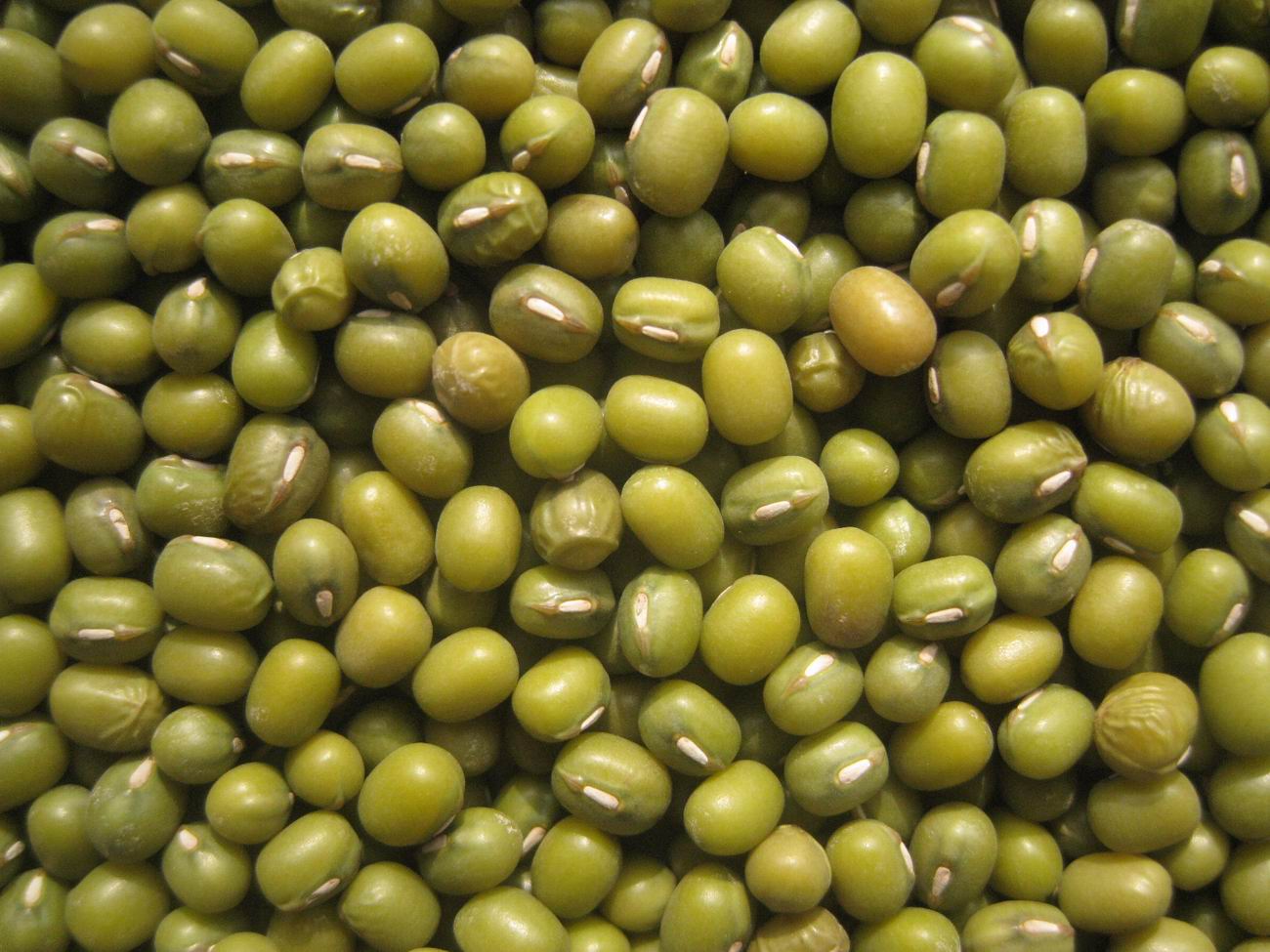Many people will become so sick this season with illnesses ranging from minor colds to the flu that they require a doctor’s care.
People who are healthy get sick less and require a doctor’s care less often. Maintaining a healthy diet, staying hydrated, and exercising will help you avoid sickness. Avoiding stress and getting enough sleep also helps. Here are some simple tips on how to stay healthy during flu season:
1. Wash Your Hands
 Frequent hand washing is the simplest way to try avoid getting sick and possibly infecting others. The correct way to wash your hands is to get your hands wet with clean, running water, and use soap. Rub hands together to create a lather. Scrub the backs of both hands, between all fingers, and under nails. Continue rubbing hands together for approximately 20 seconds. (Singing the alphabet song twice helps pass the time.) Rinse hands thoroughly under running water. Dry hands with a clean towel, or allow them to air dry. If running water and soap are not available, you can use a hand sanitizer containing at least 60% alcohol.
Frequent hand washing is the simplest way to try avoid getting sick and possibly infecting others. The correct way to wash your hands is to get your hands wet with clean, running water, and use soap. Rub hands together to create a lather. Scrub the backs of both hands, between all fingers, and under nails. Continue rubbing hands together for approximately 20 seconds. (Singing the alphabet song twice helps pass the time.) Rinse hands thoroughly under running water. Dry hands with a clean towel, or allow them to air dry. If running water and soap are not available, you can use a hand sanitizer containing at least 60% alcohol.
2. Detox
WHY DETOX?
Our bodies naturally detoxify everyday as part of a normal body process. Detoxification is one of the body’s most basic automatic functions of eliminating and neutralizing toxins through the colon, liver, kidneys, lungs, lymph and skin. Cleansing diets is the best way to assist your body’s natural self-cleaning system. It is especially important for immune-compromised illnesses. However, even if your diet is good, a spring cleanse can revitalize your system and rid your body of harmful bacteria, viruses and parasites.
First thing to do in the morning drink a big glass of water to help with bowel movement, it's the quickest way to detoxify your body. Eating high fiber and toxic absorbent food will also help.
Beet and Carrot Soup
Serves
4 people
4 people
Ingredients
1/4 cup of olive oil
2 tbsp of wheat flour
1 medium onion, chopped
2 carrots, peeled and chopped
2 large beets, stems removed, peeled and chopped
5 cups of warm water
salt & pepper
2 tbsp of wheat flour
1 medium onion, chopped
2 carrots, peeled and chopped
2 large beets, stems removed, peeled and chopped
5 cups of warm water
salt & pepper
**Optional garnish ideas: Croutons, Parsley, Greek Yogurt, OR Goat Cheese
Directions
- In a large pot, whisk together the olive oil and wheat flour over medium high heat until combined.
- Place the onions, carrots, and beets into the same pot and stir to coat with the oil mixture. Season well with salt and pepper and cook for about 4-5 minutes, until the vegetables become fragrant.
- Add the warm water, turn the heat up to high and bring to a boil.
- Once the water is boiling, cover and reduce to a simmer. Simmer covered for 1 hour.
- Remove the cover and remove the pot from the heat. Let cool for about 10 minutes.
- Transfer to a blender and blend to a liquid (doing in batches if your blender is not big enough). Serve warm with one of the option garnishes listed above. You can also serve this chilled. It will keep in the refrigerator for about 1 week.
3. Recuperate (sleep)
Sleeping helps to repair your body and drinking ginger tea. Ginger has a lot of healing properties. Ginger tea with just a dab of honey, will help settle the stomach and power up the immune system.Your body produces extra protein molecules while you're sleeping that helps strengthen your ability to fight infection and stay healthy. These molecules help your immune system mend your body at a cellular level. When you are stressed or have been exposed to compromising elements such as pollutants and infectious bacteria, sleep at least 8 hours to help rebuild your immune system.
4. Refresh Drink fresh fruit juice or smoothie
Your head is throbbing … if only there was a quick way to boost up your energy that would make you feel better! Try juicing fresh fruits full of vitamins & minerals and many other strong antioxidants that can help to minimize the side-effects of heavy cold or flu.
Boosting your immune system is a great way to stay healthy, especially during cold/flu season. The stronger your body is, the faster you get back on your feet. A diet rich in fruits and vegetables contain immune-boosting antioxidants. On top of that, you can add probiotics, olive leaf extract, and elderberry extract to keep you in fighting shape all winter long. This smoothie is so easy, there is no room for excuses. Let’s get our families healthy right now!
IMMUNE BOOSTER SMOOTHIE
2 cups spinach
1/4 cup carrots
1 banana
1/2 cups orange juice
1 cup water or almond milk
1 cups frozen strawberries
1 cup frozen blueberries
1 Lime or Lemon
#Add more or use any ingredients that you have to suit your taste







 The study, led by Gilles-Eric Seralini of the University of Caen, was the first ever study to examine the long-term (lifetime) effects of eating GMOs.
The study, led by Gilles-Eric Seralini of the University of Caen, was the first ever study to examine the long-term (lifetime) effects of eating GMOs.



